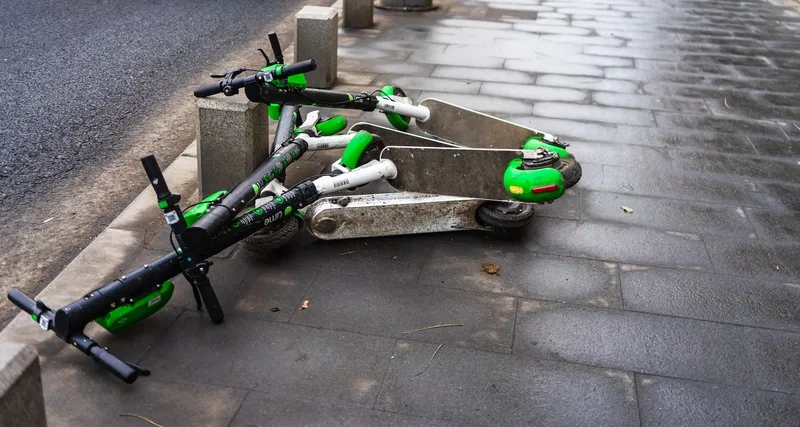Japan’s development organisation, the Japan International Cooperation Agency (JICA), which has worked hard to alleviate Cambodia’s traffic woes, is to overhaul the capital’s traffic light system in a further bid to reduce the gridlock.
Cambodia’s economy has boomed over the last decade, the broad French-built boulevards and backstreets of Phnom Penh have become bottlenecks, while at peak times, the town centre becomes gridlocked.
Over the next few years, the JICA plans to redesign and rebuild the city’s entire traffic system from scratch, installing a new ‘smart’ system of signals that will be synchronised and centrally controlled.
Starting in 2016, 69 existing controlled intersections will be upgraded and thirty new intersections will be added. CCTV cameras will be installed at each to monitor the flow, enabling traffic operators to make real-time changes depending on the flow of traffic.
Egami Masahiko, a spokesman for JICA, said the current system often creates unnecessary congestion, especially during the early-evening peak hour. “Sometimes intersections just look like chaos,” he said. “It is due to an inappropriate system, and also to ignorance of the traffic rules.”
Masahiko said that while the overhaul was just one small step in solving Phnom Penh’s traffic problem, it could lead to a drastic reduction in congestion. “To divert the traffic in an effective way, by the new traffic light system, we can make maximum use of the road capacity of Phnom Penh,” he said.
However, there is some doubt that the new project will address the city’s traffic problem.
Ear Chariya, an independent road safety expert based in the Cambodian capital, recently conducted a study which found that 70 per cent of road users don’t even understand basic traffic signals. Moreover, rules are enforced haphazardly. Traffic police often spend more of their time shaking down unsuspecting motorists for bribes than enforcing the law. “When they don’t respect the traffic police, they don’t respect the traffic law,” Chariya said of Phnom Penh’s road users.
He added that fixing Phnom Penh’s traffic lights is just one small step towards controlling the city’s traffic, but it’s an important one. The next step would be to couple it with other improvements like infrastructure upgrades, rational parking policies, driver education and proper law enforcement. “Traffic control is just one element in reducing traffic congestion,” he said. “The core problem is how do we address and reduce the number of vehicles on the road?”
Chariya said the city’s promotion of public transport, which got off to a promising start earlier this year with a JICA-funded public bus trial, would at least give people another option. “When people can access public transportation,” he said, “they don’t use cars a lot.”
Japan to overhaul Cambodia’s traffic signals
Japan’s development organisation, the Japan International Cooperation Agency (JICA), which has worked hard to alleviate Cambodia’s traffic woes, is to overhaul the capital’s traffic light system in a further bid to reduce the gridlock.
Cambodia’s economy has boomed over the last decade, the broad French-built boulevards and backstreets of Phnom Penh have become bottlenecks, while at peak times, the town centre becomes gridlocked.
Over the next few years, the JICA plans to redesign and rebuild the city
August 26, 2014
Read time: 3 mins










